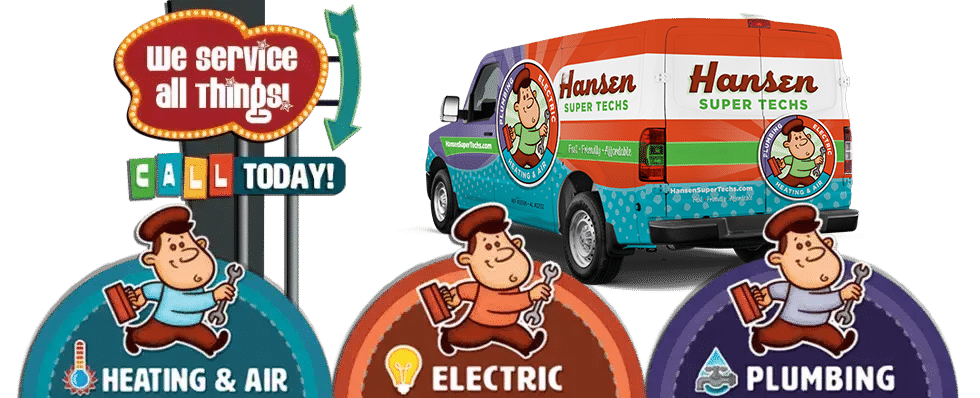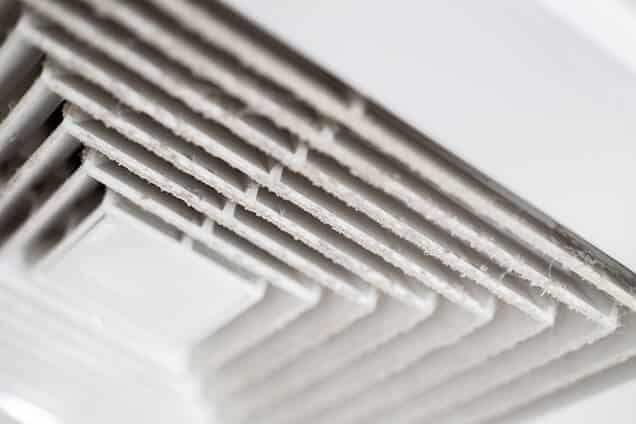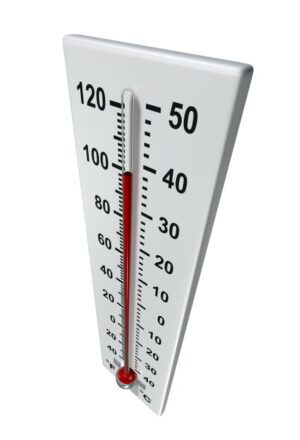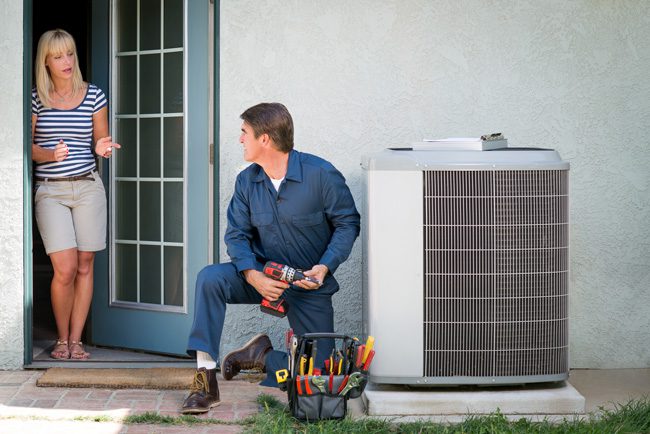At the end of the summer season, you're likely thinking about preparing your home for the upcoming cold winter months. However, it's important to take some time to perform some maintenance on your...

AC Tips Archives
Ensuring Your AC Runs Efficiently
While running your home air conditioning system is essential for keeping your family nice and cool during the hot summer months, it also comes at a cost. If you've ever dealt with an unexpectedly...
Common AC Problems in Summer
Summer has arrived, and so have the AC problems associated with hot weather. Here in the Mississippi Gulf Coast, it’s crucial to have a steady supply of cool air during the summer months. Having a...




